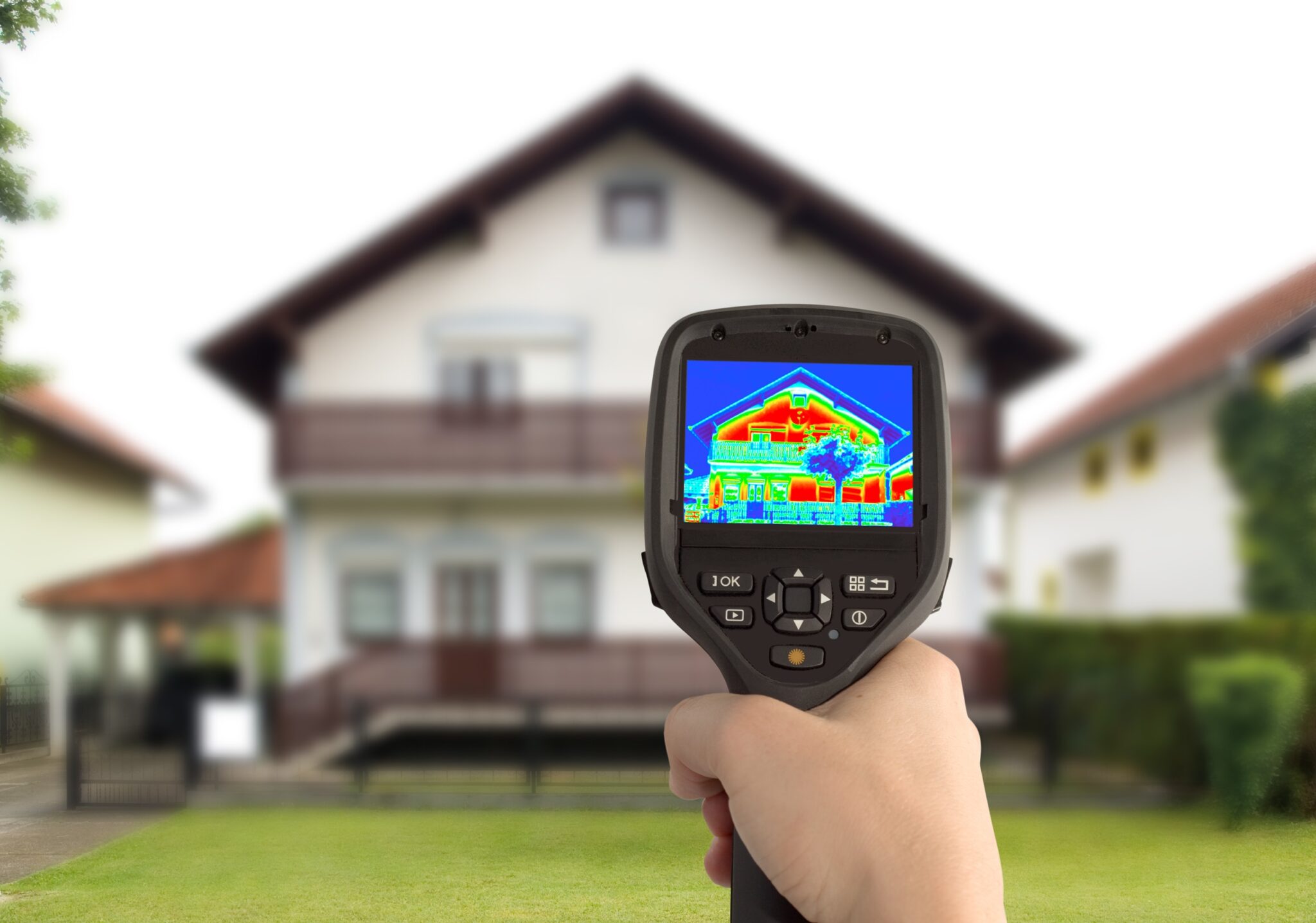
Frequently Asked Questions
for Brazos Thermal Systems
GENERAL FAQs
Q: What areas do you currently serve?
A: Brazos Thermal proudly serves Central California, including the Central Valley, and the Greater Phoenix Metropolitan Area. Our offices in Madera, CA, and Chandler, AZ, allow us to provide comprehensive roofing and insulation services to a wide range of locations throughout California and Arizona.
Q: How long have you been in business?
A: Brazos has been in business since 1987, providing more than 40 years of expert roofing and insulation services. Our extensive experience and commitment to quality have made us a trusted name in the industry.
Q: What types of projects do you handle?
A: We handle a variety of projects, including commercial, industrial, residential, and multi-family buildings. Our services range from roofing installations and repairs to comprehensive insulation solutions tailored to meet the specific needs of each project.
Q: How can I get a quote for my roofing or insulation project?
A: To get a quote, simply contact us through our website or call our office. We will schedule a consultation to assess your needs and provide a detailed, no-obligation estimate for your roofing or insulation project.
ROOFING FAQs
Q: What types of roofing materials do you work with?
A: At Brazos Thermal, we work with a variety of roofing materials, including asphalt shingles, metal roofing, tile roofing, TPO roofing, and modified bitumen roofing. Our team is experienced in installing and repairing different roofing systems to suit your specific needs.
Q: How long does a typical roofing project take?
A: The duration of a roofing project depends on the size and complexity of the job. On average, a residential roofing installation can take anywhere from a few days to several months. Some commercial projects may take longer. We provide detailed timelines during our initial consultation to ensure clear expectations. Get a detailed estimate for your project here.
Q: Do you offer roofing maintenance services?
A: Yes, we offer comprehensive roofing maintenance services to extend the life of your roof and prevent costly repairs. Our maintenance services include regular inspections, cleaning, minor repairs, and more to keep your roof in optimal condition.
Q: Are your roofing services covered by a warranty?
A: Yes, we offer warranties on both materials and workmanship for our roofing services. The specific terms and duration of the warranty depend on the roofing material and the scope of the project. We will provide detailed warranty information during the consultation process.
Q: What is composite roofing?
A: Composite roofing is made from a blend of materials such as fiberglass, asphalt, and recycled paper products. This type of roofing is designed to mimic the appearance of traditional roofing materials like wood or slate while offering enhanced durability and lower maintenance requirements. Composite roofing is known for its long lifespan, weather resistance, and affordability.
Q: What is elastomeric roof coating?
A: Elastomeric roof coating is a liquid-applied coating that creates a durable, flexible, seamless, and waterproof membrane over your roof. This coating helps protect the roof from weather damage, UV radiation, and thermal expansion and contraction. It is commonly used on flat or low-slope roofs and can extend the life of the roofing system by providing an additional layer of protection.
Insulation FAQs
Q: What types of insulation do you install?
A: Brazos Thermal specializes in various insulation types, including spray foam insulation (open cell and closed cell), fiberglass batt insulation, blown-in fiberglass insulation, and blown-in cellulose insulation. Each type offers unique benefits, and we can help you choose the best option for your needs.
Q: How does insulation improve energy efficiency?
A: Proper insulation helps maintain consistent indoor temperatures by reducing heat transfer. This means your heating and cooling systems don’t have to work as hard, leading to lower energy bills and a more comfortable living or working environment. Insulation also helps reduce noise transmission and improve indoor air quality.
Q: Can you install insulation in existing homes?
A: Yes, we can install insulation in both new constructions and existing homes. For existing homes, we offer retrofitting services to improve the insulation in walls, attics, and other areas without major disruptions to your home.
Q: How long does insulation last?
A: The lifespan of insulation varies depending on the type and quality of the material. Generally, spray foam insulation can last 20-30 years or more, while fiberglass and cellulose insulation can last 15-20 years. Regular inspections and maintenance can help ensure your insulation remains effective over time.
Q: What are insulation R-values?
A: Insulation R-values measure the material’s resistance to heat flow. The higher the R-value, the better the insulation’s effectiveness in preventing heat transfer. Different types of insulation have different R-values, and the appropriate R-value for your project depends on your climate, building design, and specific insulation needs.
Q: How does soundproof insulation work?
A: Soundproof insulation works by absorbing and blocking sound waves, preventing them from passing through walls, floors, and ceilings. Materials such as fiberglass, mineral wool, and specialized acoustic panels are used to reduce noise transmission. This type of insulation is ideal for improving privacy and creating quieter indoor environments in both residential and commercial buildings.
Q: Cellulose vs. fiberglass insulation: What’s the difference?
A: Cellulose insulation is made from recycled paper products and treated with fire retardants, offering good thermal and soundproofing properties. It is often blown into walls and attics. Fiberglass insulation, on the other hand, is made from spun glass fibers and comes in batt or blown-in forms. Fiberglass is non-combustible and has excellent thermal resistance. Both types of insulation have their advantages, and the choice depends on your specific insulation needs and preferences.

